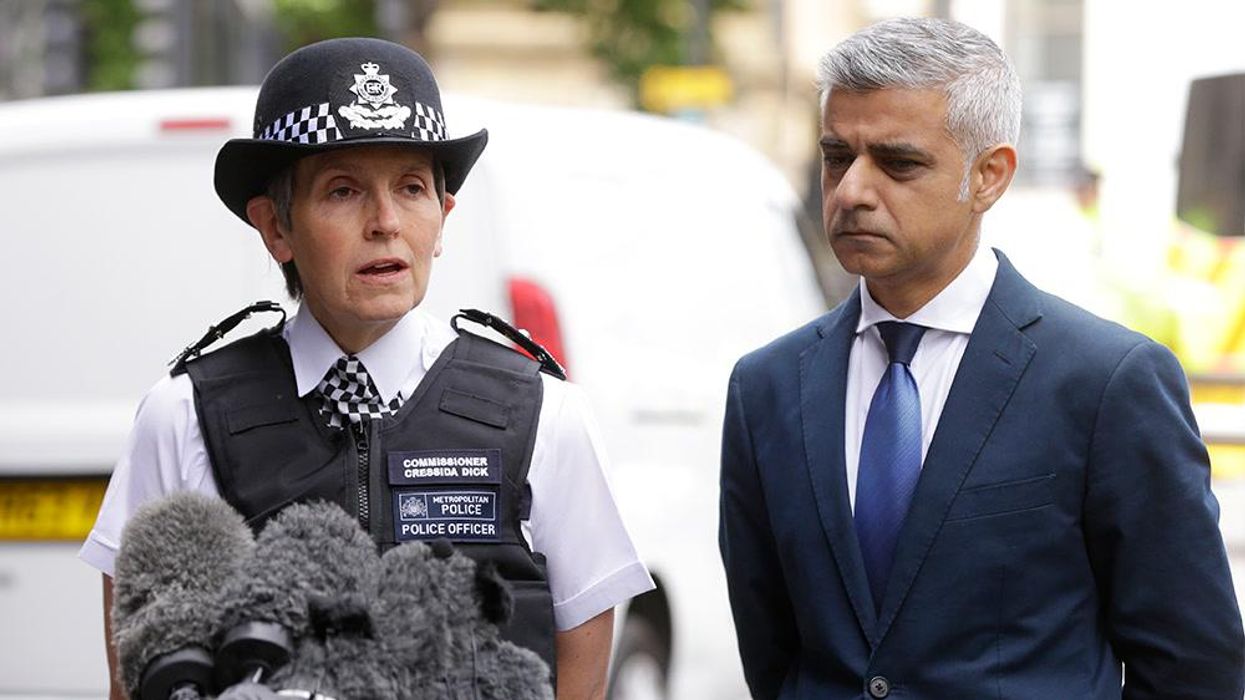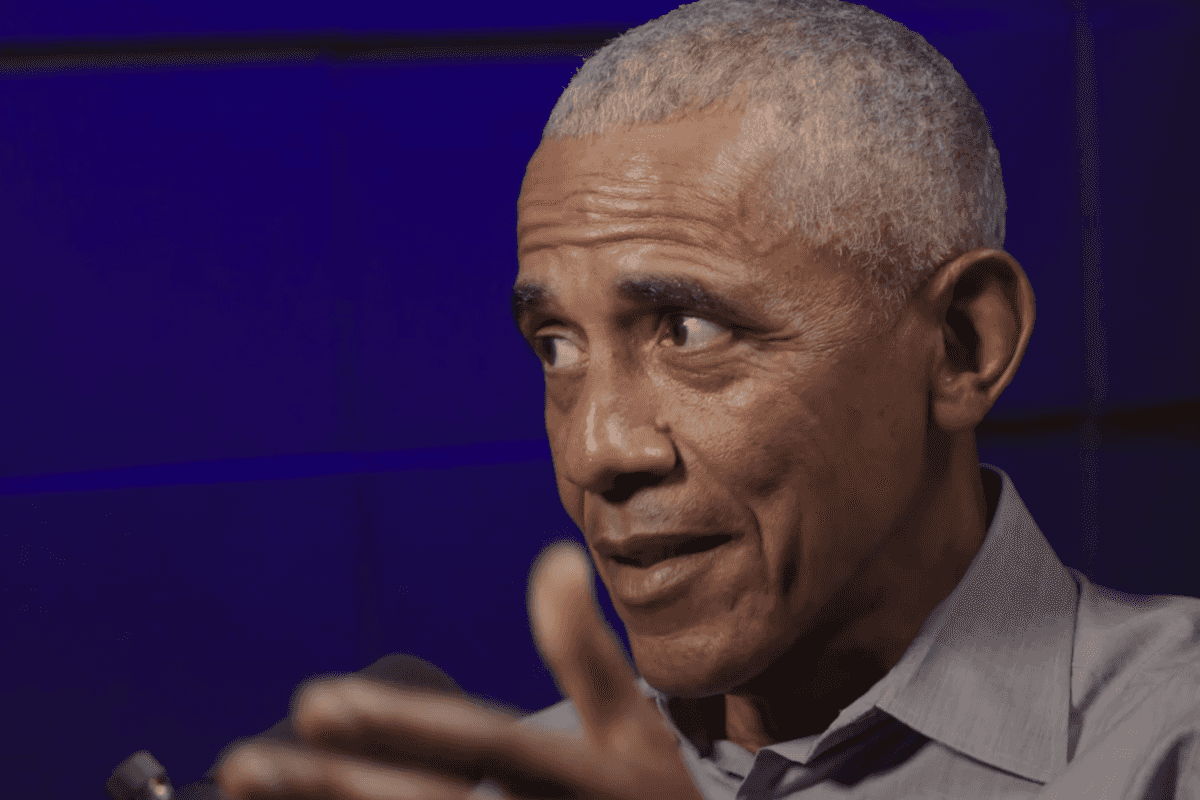News
Harry Fletcher
Feb 11, 2022
Cressida Dick says Sadiq Khan 'left her no other choice but to ...
The Independent
Dame Cressida Dick has announced her decision to leave her post as Metropolitan Police Commissioner – and judging by the social media reaction, the only surprise is that she didn’t leave earlier.
Dick said it was with “huge sadness” that she made the decision, because “it is clear” that London Mayor Sadiq Khan “no longer has sufficient confidence in my leadership to continue”.
Dick, who had held the position since 2017, issued a statement via Scotland Yard which said: “It is with huge sadness that following contact with the Mayor of London today, it is clear that the Mayor no longer has sufficient confidence in my leadership to continue. He has left me no choice but to step aside as Commissioner of the Metropolitan Police Service.
“At his request, I have agreed to stay on for a short period to ensure the stability of the Met and its leadership while arrangements are made for a transition to a new Commissioner.
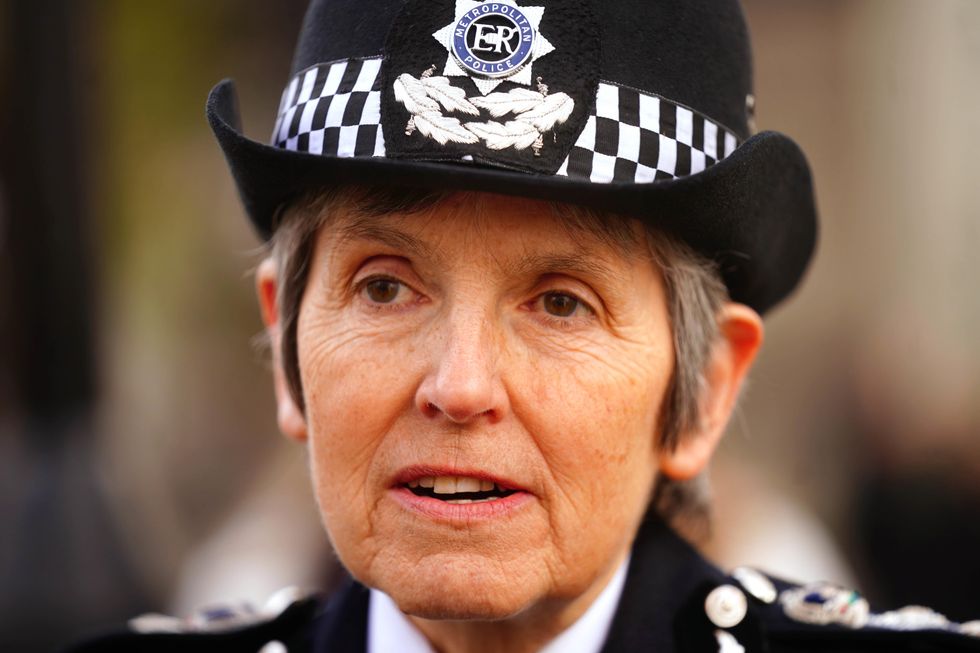
Sign up to our new free Indy100 weekly newsletter
“Undertaking this role as a servant of the people of London and the UK has been the greatest honour and privilege of my life."
She leaves behind a divisive legacy, having faced calls to resign a number of times during her time in the job.
These are 11 times Cressida Dick was criticised before resigning.
The shooting of Jean Charles de Menezes
Dick first faced scrutiny years before taking the role, after heading up the operation that led to the fatal shooting of Jean Charles de Menezes in 2005 – which brought her into the public eye for the first time.
Dick coordinated the teams looking to catch the men behind the 21 July bombings. The Met Police were found guilty of endangering the public when the case went to trial, but Dick, who was then Commander, was exonerated.
Policing of the Black Lives Matter protests
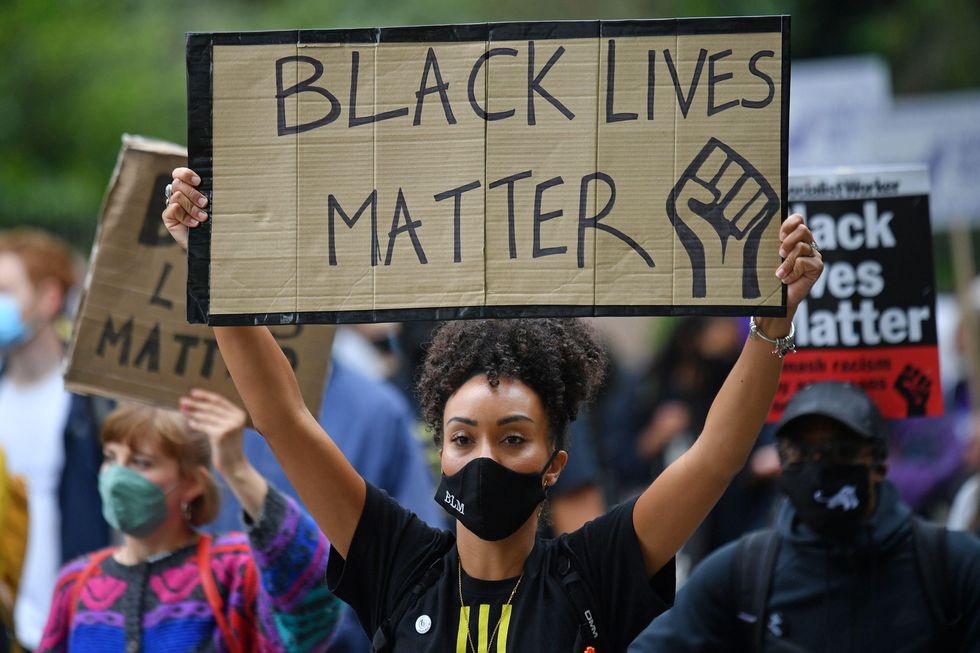
Dick faced criticism for the way the police dealt with Black Lives Matter protests in 2020, with the former Commissioner saying she would not “take a knee” in the symbol of solidarity with Black Lives Matter protesters.
She faced calls to resign from Black Lives Matter activists who said she has “failed to acknowledge” racism within the Met.
The murder of Sarah Everard
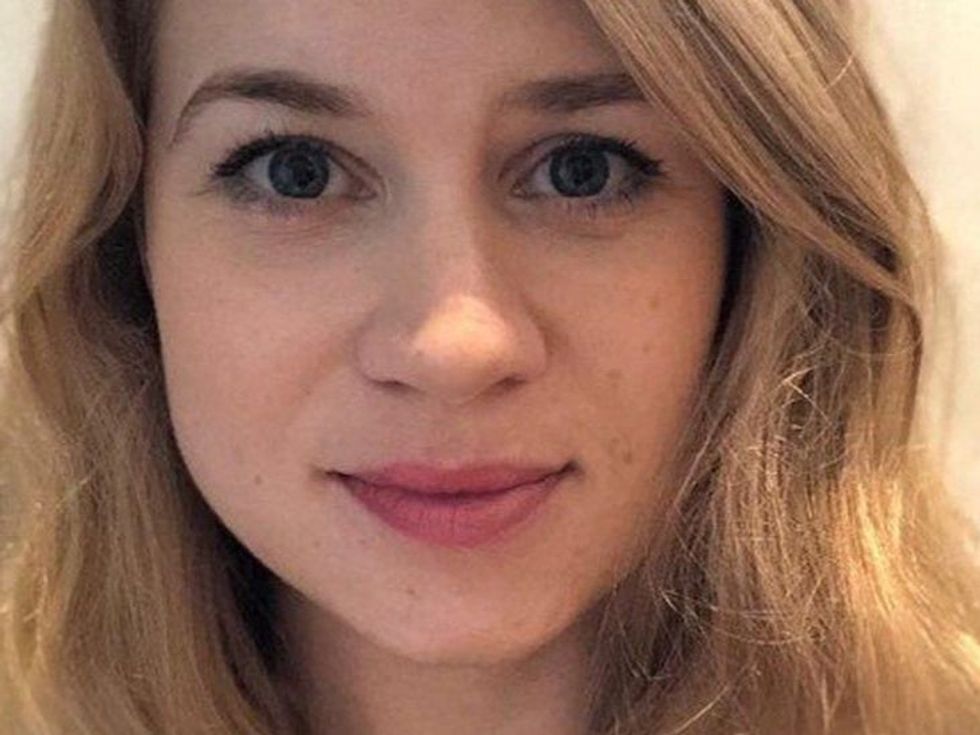
The tragic killing of Sarah Everard was the biggest talking point of Dick’s tenure as Commissioner, and led many to call for her to resign.
Dick said she "was so sorry" after Wayne Couzens, who was a serving Met Police officer with a record of indecent exposure and a nickname of "the rapist", was found guilty of the murder.
Couzens was sentenced to a whole-life term for the kidnap, rape and murder of the 33-year-old marketing executive in March 2021. Everard had been walking home from a friend’s house in southwest London when he abducted her during a fake Covid arrest before murdering her.
The vigil for Sarah Everard
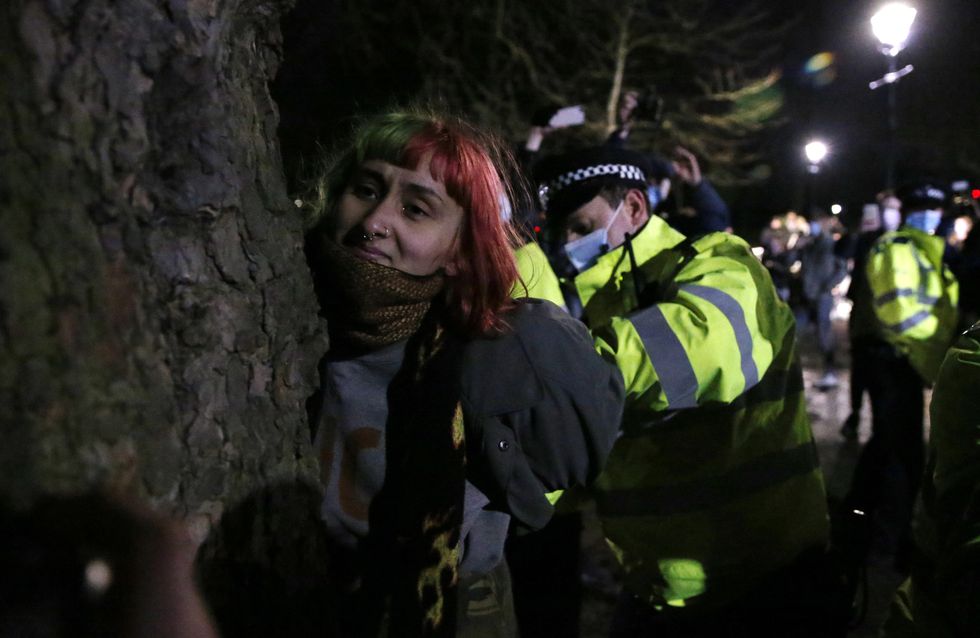
Dick and the Met faced further backlash after the vigil for Sarah Everard was policed in a heavy-handed manner.
Priti Patel, the home secretary, demanded a full report from the Met police after criticism from politicians of “upsetting” and “deeply disturbing” scenes in Clapham Common back in March.
Despite the scrutiny, Dick claimed that confidence in policing was damaged because of the reaction on social media rather than the actions of the Met.
A report by Her Majesty’s Inspectorate of Constabulary and Fire and Rescue Services concluded the police “acted appropriately” during the event, despite it being a “public relations disaster”.
The Met also faced criticism at the time for issuing advice to women which was accused of being tone deaf, after police advised women to “wave down a bus” if alarmed by a lone officer.
The Independent Office for Police Conduct (IOPC) report
A damning report from the Independent Office for Police Conduct (IOPC) revealed highly offensive language used by officers based in Westminster, primarily at Charing Cross police station, on WhatsApp and in Facebook chats.
Officers made repeated jokes about rape, domestic violence, violent racism, and used homophobic language and derogatory terms for disabled people. The Met issued an apology earlier this month.
Investigation into the 1987 murder of Daniel Morgan
A report into the 1987 murder of Daniel Morgan was released in July last year, which found that Dick, who was then Assistant Commissioner, at first refused to grant access to a police internal data system.
The killer, who attacked Morgan with an axe in the car park of a pub in south-east London, has never been found, and the report accused the Met of institutional corruption.
Accusations of “presiding over a culture of incompetence and cover-up"
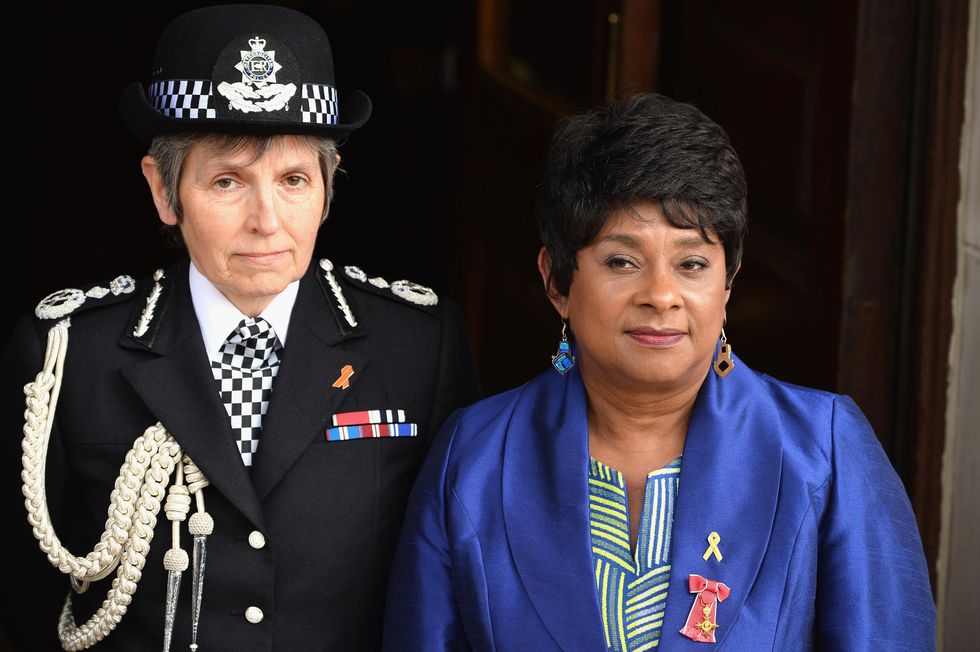
When it was announced that Dick’s contract had been extended for another two years back in September, victims of police injustice wrote a damning open letter.
It accused Dick of "presiding over a culture of incompetence and cover-up", and was signed by the likes of Baroness Lawrence, the mother of Stephen Lawrence was murdered in a racist attack, and Lady Brittan, whose home was raided when her husband Lord Brittan was falsely accused of child abuse.
The deaths of Bibaa Henry and Nicole Smallman
The mother of the two sisters Bibaa Henry and Nicole Smallman, who were are murdered in a north London park in June 2020, accused the Met of institutionalised racism, after two PCs were jailed for taking photographs of their bodies and sharing them on WhatsApp.
Mina Smallman believed police treated their disappearance and deaths less urgently than if they had been white.
She said of the investigation: "I knew instantly why they didn't care. They didn't care because they looked at my daughter's address and they thought they knew who she was. A black woman who lives on a council estate."
An apology was rejected by the victims’ family.
Accusations of institutionalised racism in the Met after the dissapearance of Richard Okorogheye
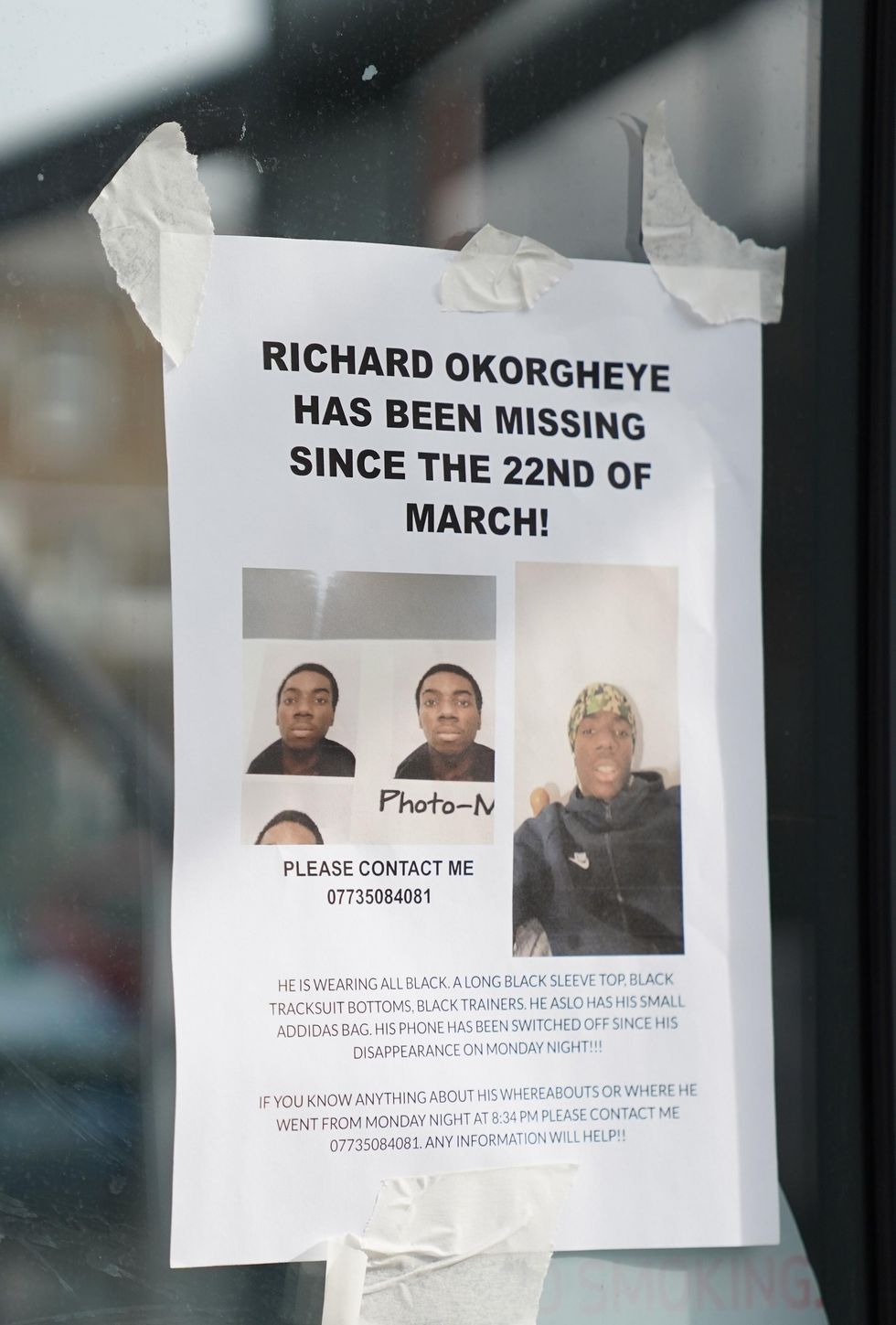
The Met faced further accusations of institutionalised racism following the disappearance of teenager Richard Okorogheye, who was found dead two weeks after being reported missing.
The police watchdog issued misconduct notices to two Met Police staff over the way the disappearance was handled.
"There is an indication that they may have failed to pass on new and relevant information," the Independent Office for Police Conduct (IOPC) said.
Racial profiling accusations
Athlete Bianca Williams and her partner claimed they were racially profiled when their car was stopped by Met officers in July 2020.
Ms Williams said she thought they were targeted because "we are black and we drive a Mercedes", after being handcuffed and separated from their baby son.
Dick denied that footage of the evidence “reveals racism” and said the vehicle was stopped because of the way it was being driven.
The investigation into Partygate
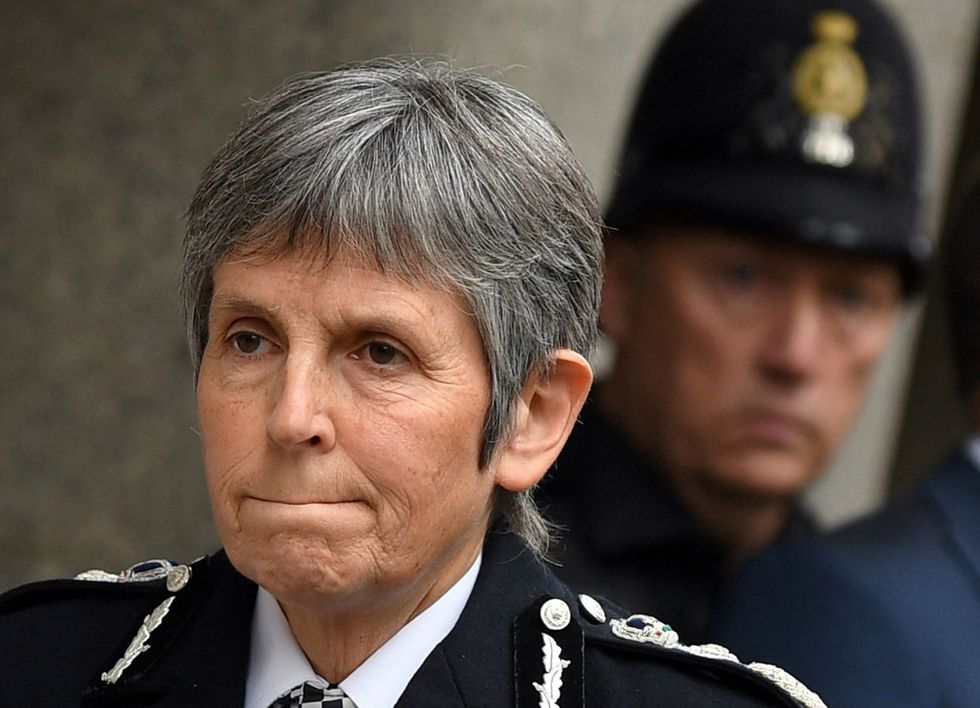
Dick faced yet more scrutiny following the partygate scandal, with the Met even facing the prospect of being sued over its initial refusal to investigate alleged Christmas parties at Downing Street during lockdown in December 2020.
The Met initially said it will not investigate gatherings because it had a policy of not retrospectively investigating alleged breaches of coronavirus laws.
Back in January, the Good Law Project said it believed it had evidence to suggest the Met’s “refusal to investigate the alleged No 10 parties was unlawful,” and said it would be “issuing formal legal proceedings to force the Met to revisit their decision”.
In a statement released on its website, lawyers said: “They seem to be operating a two-tier system, with one rule for those in power and one rule for everyone else. And we think that sets a dangerous precedent with serious implications for public trust.”
Have your say in our news democracy. Click the upvote icon at the top of the page to help raise this article through the indy100 rankings.
Top 100
The Conversation (0)
